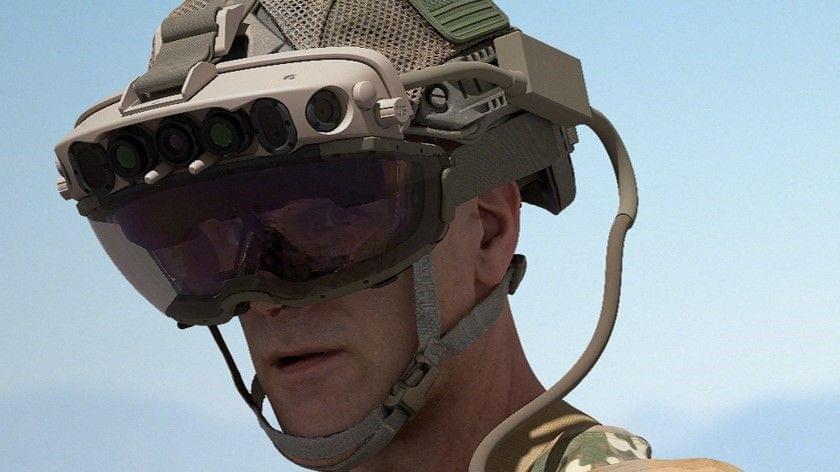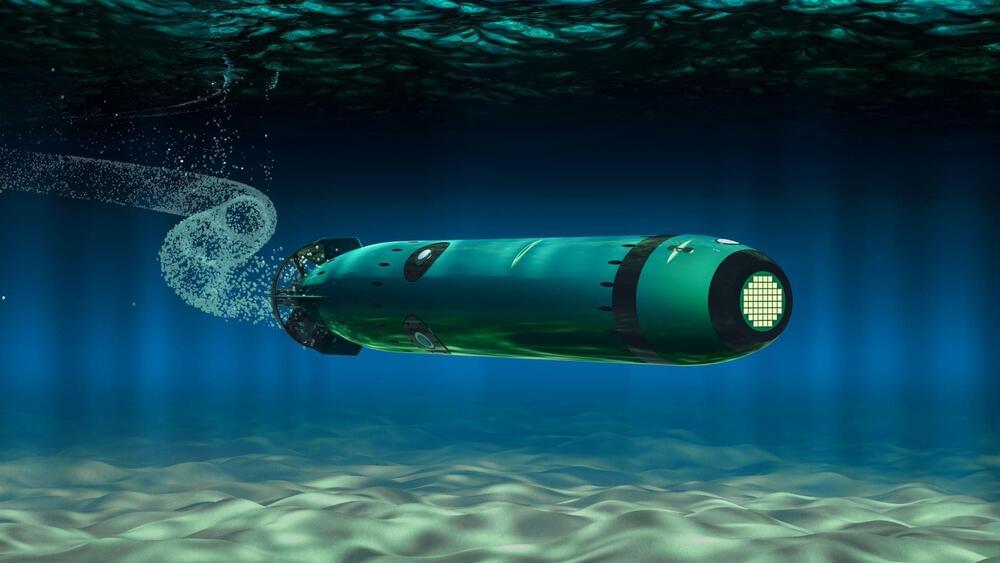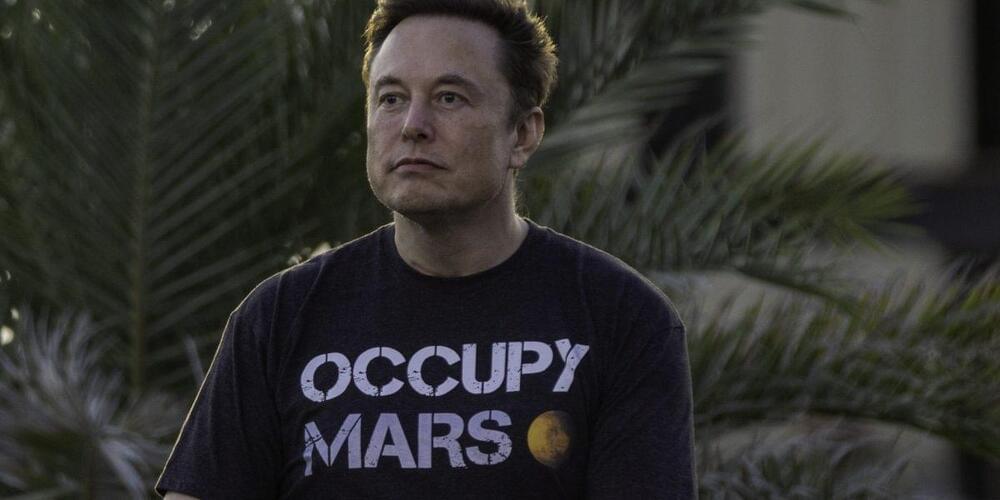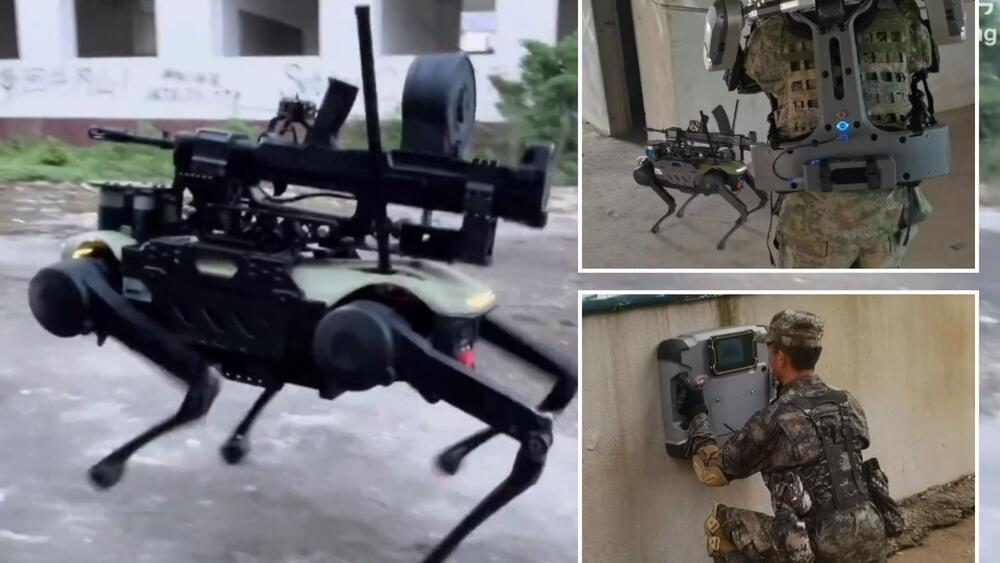Microsoft’s augmented reality headset the HoloLens has been in the works for years now, but it’s been a while since we’ve heard any news. We were seeing demos of it way back in 2015 (opens in new tab), but Microsoft has been pretty quiet on the tech in recent years when it comes to a consumer release.
What we’ve heard tons about is Microsoft’s deal to supply the United States Army with HoloLens tech. We first got wind of the deal back in 2018 (opens in new tab) with talks of a $480 million contract to help “increase lethality” of combat missions. It wasn’t until 2021 that Microsoft officially signed a much pricier $22 billion dollar contract (opens in new tab) with the army for military grade HoloLens supply.







